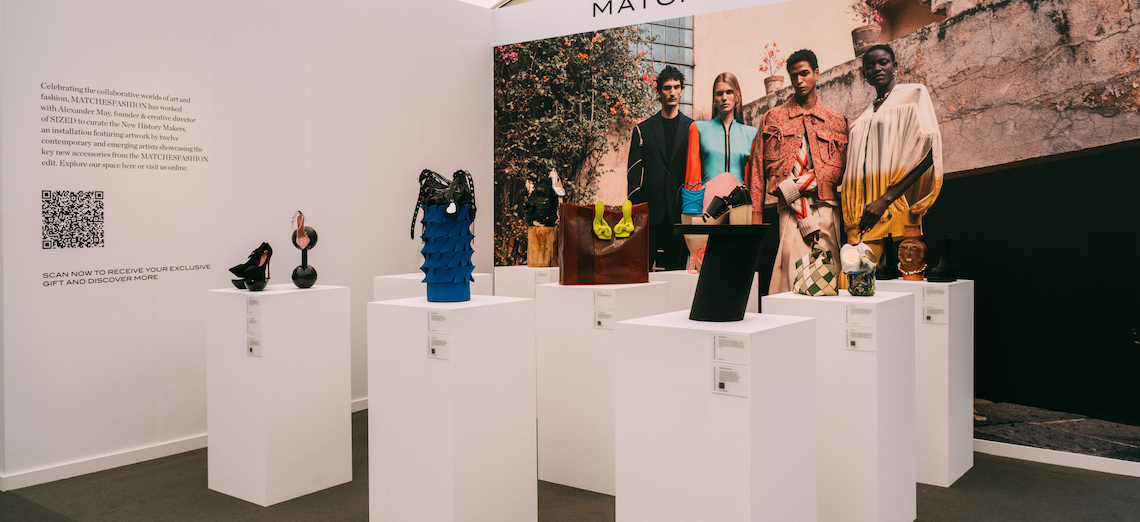Matches Fashion, the online retailer purchased by British retail company Frasers Group late last year, didn’t last more than three months under its new ownership. Frasers Group announced this week that it would be shutting down the business.
Purchased for a bargain sum in December, it seemed like Matches was on its last legs even before the acquisition. And it’s clear from a new statement from Frasers that it found no plausible way to turn Matches around. More than half of the company’s over 500 employees will be immediately laid off.
“Since Frasers Group acquired Matches, the business has consistently missed its business plan targets and, notwithstanding support from the Group, has continued to make material losses,” said a statement from Frasers, shared with Glossy. “Whilst Matches’ management team has tried to try to find a way to stabilise the business, it has become clear that too much change would be required to restructure it, and the continued funding requirements would be far in excess of amounts that the Group considers to be viable.”
Matches was purchased by Apax Partners in 2017 at a valuation of over $1 billion, but by the time Frasers picked it up, it paid only $60 million for the struggling retailer. It was a precipitous drop that came days after Matches’ main competitor, Farfetch, was also sold for a bargain price to South Korean holdings company Coupang.
The sale of both companies signaled a major shift in multibrand e-commerce in fashion, a category that continues to struggle as brands shift their focus to DTC and other channels. The last year has seen more luxury brands building up their own e-commerce channels, like Aimé Leon Dore and Gabriela Hearst which both operate owned e-commerce stores powered by Shopify. And outside of luxury, multibrand retailers like Foot Locker are struggling while the brands they carry are thriving on their own.
“Multibrand retailers that operate solely online lack the hallmarks that distinguished their brick-and-mortar predecessors,” said Sam Atkinson, co-founder of the e-commerce software company Swap. “They cannot offer the service and expertise that differentiate in an IRL setting, and they don’t provide any unique merchandising opportunities or exposure to tastemakers in key cities.”
A March 8 Skynews report said that Matches Fashion’s new owners aggressively pursued paying lower rates to their vendors, alienating those brands and causing many to cut ties with Matches after long delays in their payments. It was the loss of brand partners that led to the shutdown and administration. Matches most recently launched a new discounted outlet section in October.
But Matches isn’t the only brand struggling to pay their vendors. Saks Fifth Avenue has been reported to be in a similar situation. The continued deterioration of relationships between luxury fashion brands, which are newly empowered by DTC tools like Shopify, and the multibrand retailers that rely on them does not bode well for the rest of the sector.
“With groups like Frasers focused on accessibility and discounting, it feels at odds with the exclusivity these brands look to project,” Atkinson said. “With the discounting not just customer-facing but also expected on the buyer side, too, the margin erosion here provides little upside for brands that can easily move units full price in owned channels. There, they can maintain brand values, merchandising control and data ownership.”




